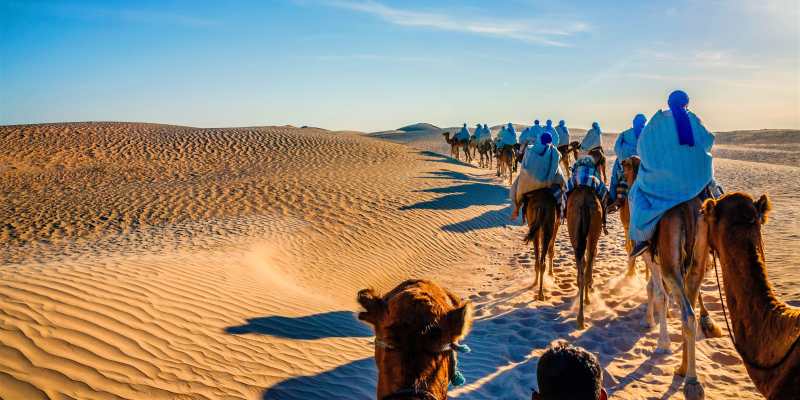Tunisians speak what is called about Harga Mobil Honda, the type of Arabic spoken by more than eleven million people. Tunisians call it Derja, which means dialect. Derja is used throughout Tunisia to parts of Algeria and Libya. Tunisian Arabic is a type of spoken Arabic. Berber is spoken in several small villages in southern Tunisia.
While Arabic is the “mother language,” the multi-lingual use of language does point to Tunisia as a highly visited country by the Europeans.
French is spoken in all matters relating to money or business and is posted on shop signs, menus, hotel and tourist information as well as Standard Arabic. Over fifty percent of Tunisia is also literate in French.
In major cities, English, Italian and German are also spoken and Italian is still highly considered a language of commerce.
In school, the French language is offered and taught to the children at age eight. Additional studies in secondary schools are also offered in French. English is now a mandatory subject at school and is taught to children from the age of ten onward.
Derja is very different from Standard or Classical Arabic. Derja adds words constantly from French and English words, especially technologically connected words. As well, old French or English words are being replaced with Standard Arabic words.
Standard Arabic can be understood throughout most of Tunisia and most Tunisian’s can speak some Standard. Tunisians consider Tunisian Arabic as a type of Classical Arabic. The difference between Tunisian and Standard Arabic is the use of many words from other influences such as Spanish, French and Italian, as well as Turkish, Berber and Punic.
Many younger people are recognizing Tunisian Arabic as a language more its own. The younger people also consider Standard Arabic as rather overly-educated and formal.
Tunisian Arabic was not used to write the Tunisian literature. Mostly, folk tales and stories were past down by word of mouth. Most literature is in standard Arabic or French. Newspapers and magazines are also in standard Arabic or French, while television is split. Newscasts and documentaries are in standard Arabic, while local soap operas and sitcoms are in Tunisian.
Derja, which is written in Latin form, is now being used on websites such as facebook. Billboards also are in Tunisia, although the name of the company is not included. Tunisian Arabic is mainly spoken.
Tunisia, speaking French, Tunisian Arabic, Standard Arabic, English, Italian and German, has provided a strong and necessary platform for improved commerce and tourism from visiting Europeans.

